Music has the power to immortalize words and sentiments, but not everything deserves a lasting legacy. Systemic racism can infiltrate music through lyrics that perpetuate racial stereotypes and promote ideals of white supremacy. Let’s take a closer look at some songs throughout history that have racist undertones.
“Brown Sugar” By The Rolling Stones
Some things are inappropriate to sing about, and slavery would definitely fall under this category. Even more so when a song is using whipping imagery as it attempts to demonstrate the sexual prowess of Black women. Regardless, that is exactly what Mick Jagger did in The Rolling Stones’ 1971 smash “Brown Sugar.” The title alone was offensive enough, but the verse of the first line of the song has Jagger traveling back to plantation days to peel in on the slave owners who used to make it hurt so good as he sings, “Hear him whip the women just around midnight.”
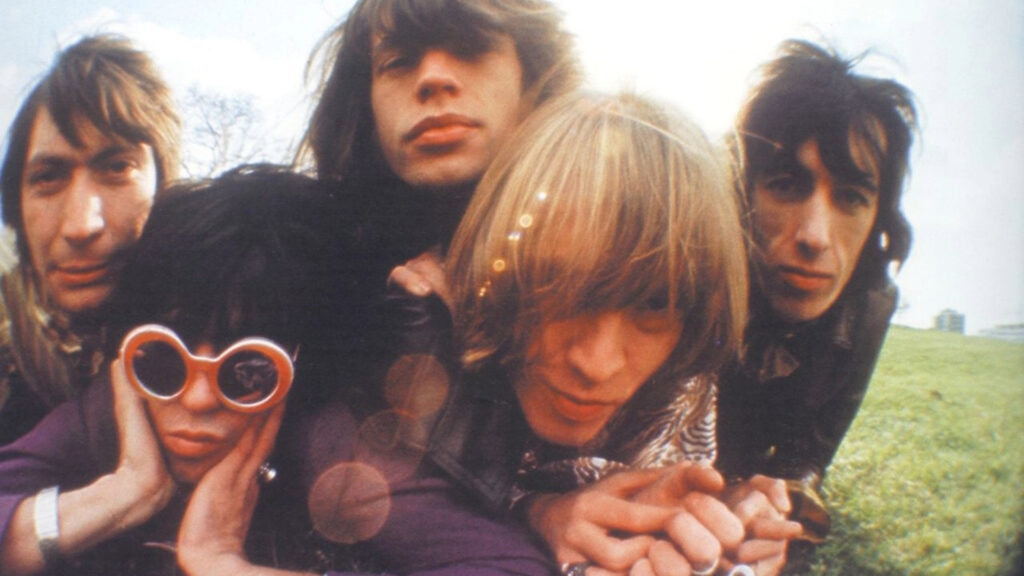
Music producer Ian Brennan wrote in the Chicago Tribune in 2019. “For anyone remaining an apologist for ‘the greatest rock ‘n’ roll band in the world,’ I challenge you to speak the lyrics to ‘Brown Sugar’ in its entirety aloud and irony-free before a diverse group of strangers. Go ahead, I dare you.”
“Ahab the Arab” By Ray Stevens
This 1962 Top 10 hit by Ray Stevens, is a novelty song filled with offensive stereotypes about Arab people. Stevens even mispronounces “Arab” so that it rhymes with “Ahab,” giving it a distinctly derogatory tone. Faris Bouhafa, spokesperson for the American-Arab Anti-Discrimination Committee, told the Washington Post in 1987.”

In the song, a “sheik of the burning sand” who “wore a big ol’ turban wrapped around his head” and would “jump on his camel named Clyde” for secret rendezvous with “Fatima of the Seven Veils, swingingest grade A number one U.S. choice dancer in the Sultan’s whole harem, ’cause, heh, him and her had a thing going.” The story gets even more ridiculous, and it may have actually been funny had the whole song not been aimed directly at Arab culture.
“China Girl” By David Bowie
This 1983 hit, written by David Bowie and Iggy Pop, is not your everyday love song, nor is its accompanying music video. The video features Bowie and his love interest. However, the song lyrics about interracial romance have sparked significant concerns due to its casual reference to white privilege and colonialism. Lines such as stumbling “into town just like a sacred cow, visions of swastikas in my head, plans for everyone,” as well as the one that goes, “I’ll give you television/ I’ll give you eyes of blue/ I’ll give you a man who wants to rule the world.”
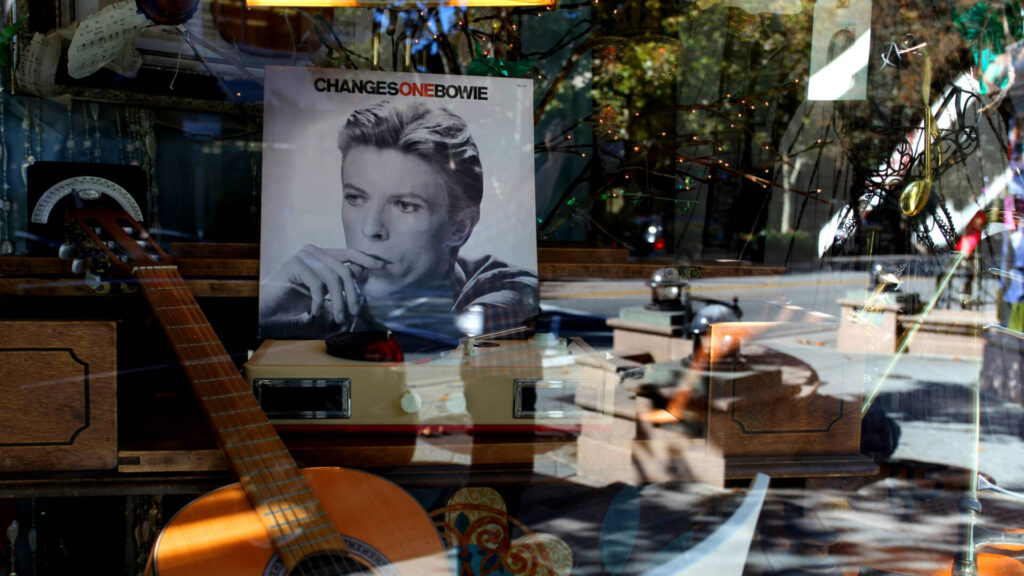
This song doesn’t mean that Bowie was racist, in fact he was married to Somalian supermodel Iman for nearly a quarter-century. However, even if “China Girl,” as Iggy Pop has suggested, was a metaphor for heroin, they probably should have gone with lyrics untainted by colonial imagery.
“Illegal Alien” By Genesis
This 1984 single was meant to be humorous, instead it illustrated the long-standing American tradition of stereotyping Mexicans.
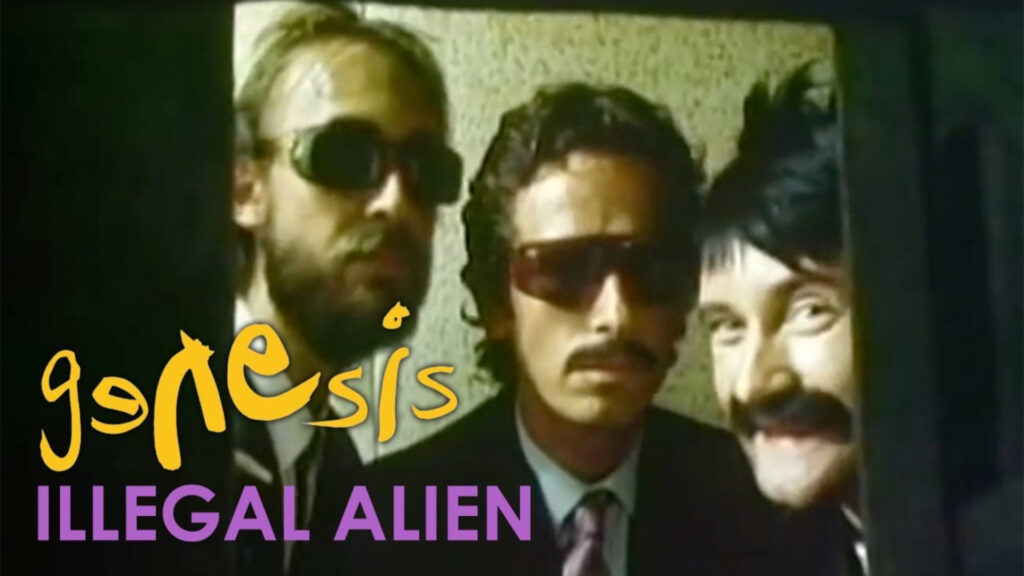
In the songs four and half minutes it parades just about every Mexican cliche one can think of, drunkenness, panchos, laziness, Mariachi horns, bushy mustaches, sneakiness, sombreros, nonsensical Spanish gibberish.
“The Night They Drove Old Dixie Down” By The Band
This 1969 hit penned by Canadian Robbie Robertson and performed by The Band. Narrated from the perspective of a Southerner, it paints a romantically sympathetic picture of pro-slevery in the south.
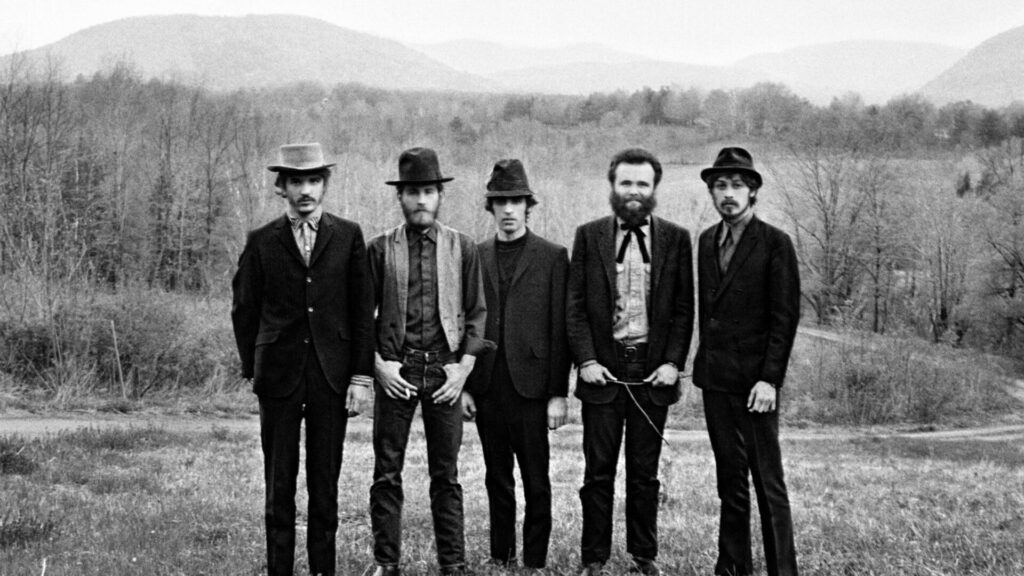
“People [in the South] take that song as their anthem,” Alabama singer-songwriter Early James recently told Rolling Stone. “When people had songs as their ringtone, I remember that being one,” he continued, adding, “They had no idea Robbie Robertson was Canadian. If they had, they would’ve hated it! People are just ignorant.”
“Island Girl” By Elton John
If you are considering writing a song about a Jamaican man who falls for a Jamaican transvestite and aims to rescue her from New York City, do yourself and everyone else a favor and don’t refer to NYC as a “White man’s world.”

Also don’t add insult to injury by using poor grammar such as “Black boy want you in his island world” to try and convey a story about two individuals who aren’t white.
“The Night They Drove Old Dixie Down” By The Band
This 1969 classic carries an obscenely progressive lineage. It was written by Robbie Robertson, a Canadian, and originally released by his group The Band on their self-titled second album. In 1971, folk legend Joan Baez recorded a cover version that went to number three on Billboard’s Hot 100.
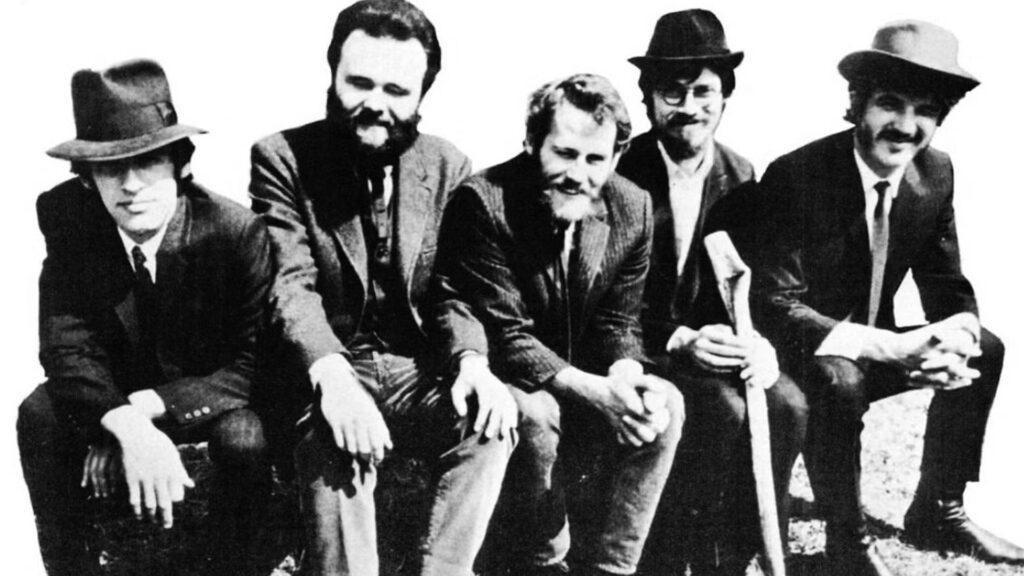
Regardless of the fact that the song is deeply tied to Confederate sympathy.
“The Star-Spangled Banner”
America’s national anthem, which was originally written in 1814 by Francis Scott Key as a poem for “Defence of Fort M’Henry,” included the line “No refuge could save the hireling and slave from the terror of flight or the gloom of the grave.”
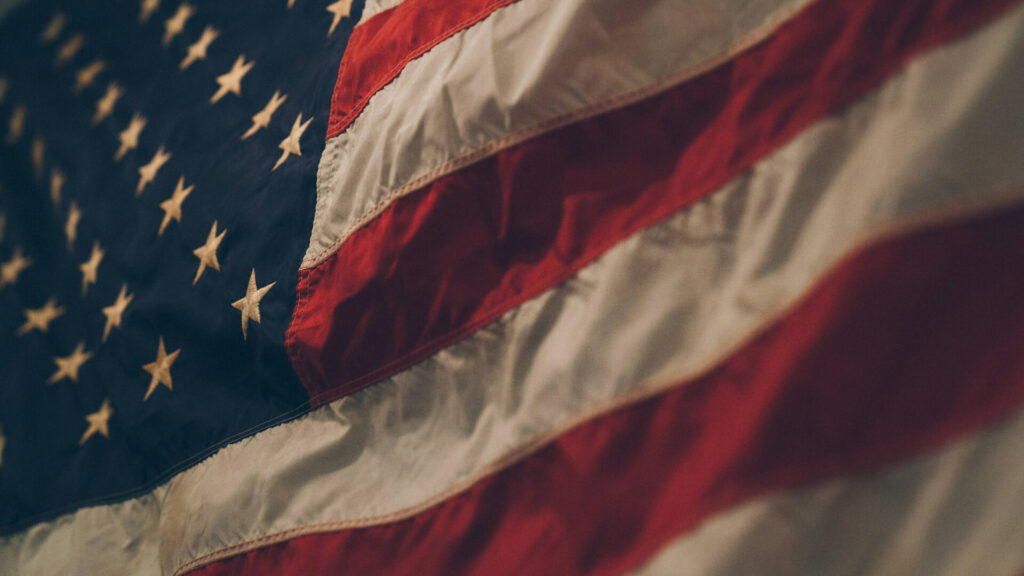
The song was originally written to recognize the power of the United States military during the war of 1812, which inadvertently also reinforced the power that white individuals had over black people in slavery days.
“Right Here, Right Now” By Jesus Jones
The 1991 hit, which celebrated the fall of communism, somewhat dismissed the ongoing black struggle of the time. With lyrics such as “A woman on the radio talked about revolution when it’s already passed her by” and “I saw the decade in, when it seemed the world could change at the blink of an eye/ And if anything then there’s your sign of the times.”
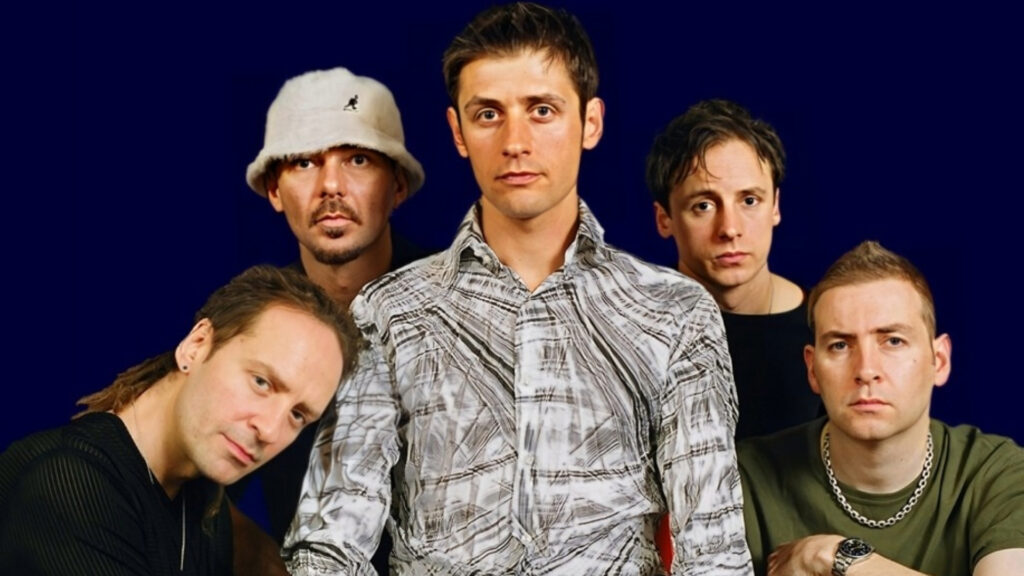
The former line was actually meant to be derogatory towards Tracy Chapman, who had released “Talkin’ Bout a Revolution” three years earlier.
“Turning Japanese” By The Vapors
The 1980s singles title raises a few eyebrows. How exactly does one “Turn Japanese” if not born that way?
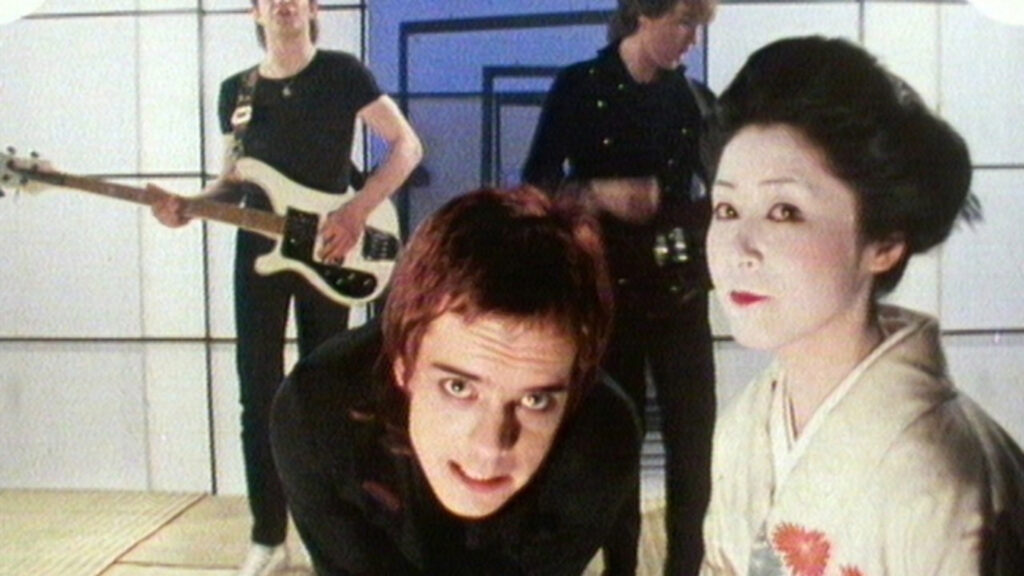
Alex Hoban wrote in the Guardian in 2008, “Sadly, the ‘turning Japanese’ refrain didn’t refer to singer David Fenton studying the ancient Kanji writing system, adopting Buddhism, or indeed mastering a revered martial art.” Instead, it apparently refers to a very private bedroom moment during which a man might “tighten [his] eyes and ‘turn Japanese.'”
“Your Squaw Is on the Warpath” By Loretta Lynn
The world was not as we know it to be when Loretta Lynn released this song in 1969. However, given the history of Native American oppression at the hands of White Americans, Lorretta may have been better off considering a different metaphor to describe her domestic revolution.
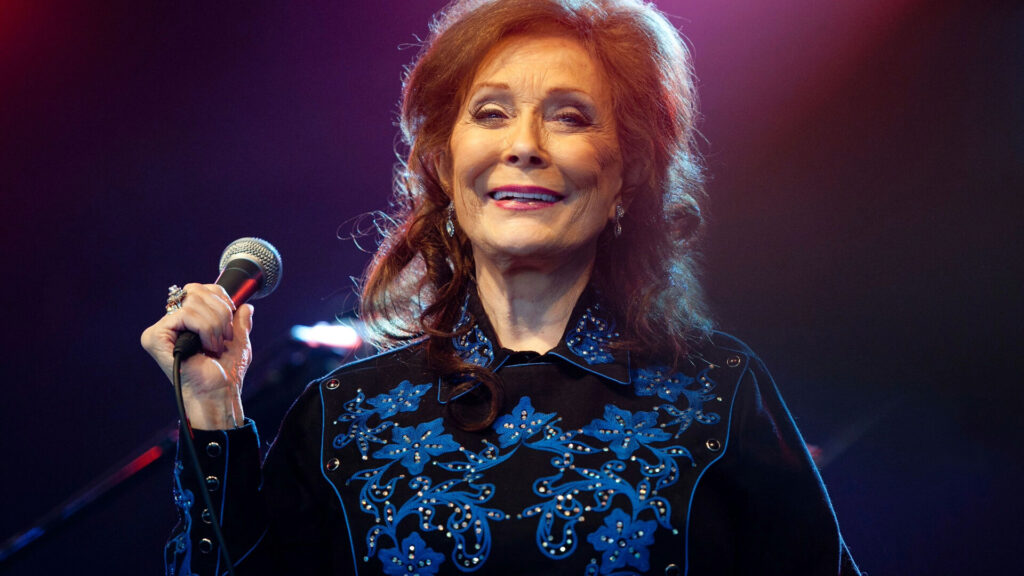
Indian Country Today editor Mark Trahant wrote of the co-opting of Native American imagery in a 2018 National Geographic article, “they are caricatures, symbols of the European-American narrative that ignores the genocide, disease, and cultural devastation brought to our communities.”
“Without a Song”
It is a pop standard that has been recorded by multiple artists, both black and white, including Frank Sinatra, Stevie Wonder, The Supremes, and Willie Nelson. So what exactly is the issue then? Well, to begin with the line “A darkie’s born/ But he’s no good no how/ Without a song,” which come from the original lyrics written by Billy Rose and Edward Eliscu, clearly has racist undertones, and yet it has still been accepted as an integral part of our musical vernacular.

It is worth mentioning that after recording the song with the original lyrics, Sinatra changed “darkie” to “man,” which is luckily the version that most people are familiar with today.





GIPHY App Key not set. Please check settings